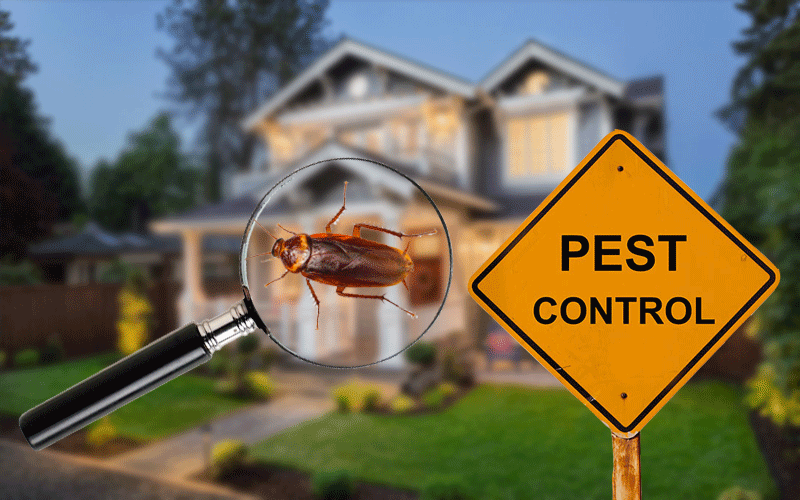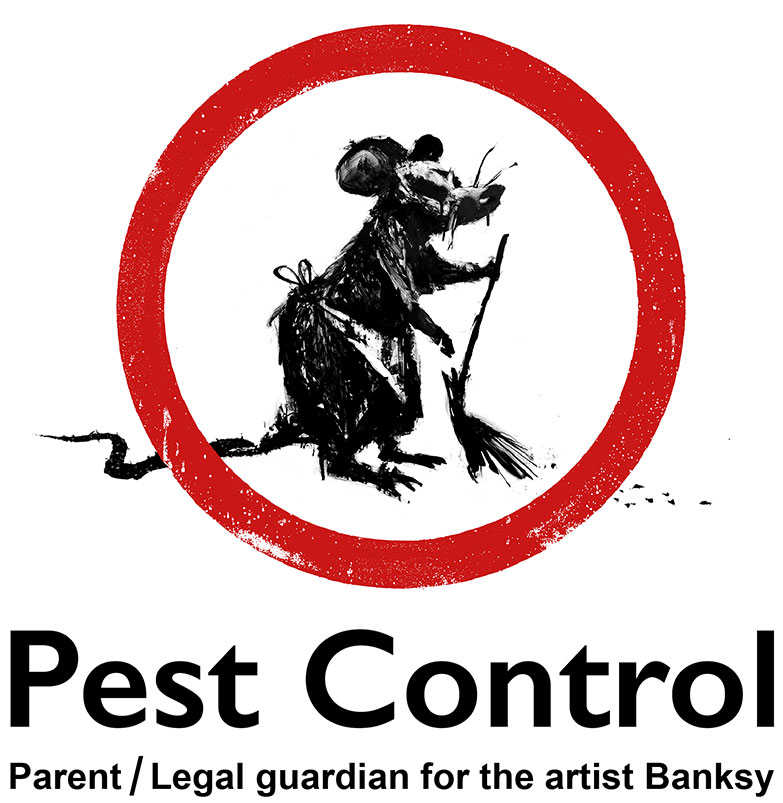A1 Commercial Pest Control Portland - Efficient Bed Bug Solutions for Businesses
A1 Commercial Pest Control Portland - Efficient Bed Bug Solutions for Businesses
Blog Article
Understanding the Art of Parasite Control: Proven Methods for Long-Term Avoidance and Obliteration
Bug infestations can be a consistent obstacle for businesses and property owners alike, needing a critical strategy to efficiently manage and get rid of these unwanted trespassers. By grasping the art of insect control through proven approaches for long-lasting avoidance and removal, one can establish an aggressive protection versus prospective dangers. Comprehending the behavior of pests, carrying out incorporated insect management techniques, and utilizing natural remedies are simply a couple of vital elements necessary to achieving lasting success in this venture. Nevertheless, the complexities of keeping cleanliness, performing routine inspections, and attentive surveillance play equally essential functions in sustaining a pest-free atmosphere. As the battle against insects remains to advance, adopting a comprehensive approach becomes critical in guarding your property from possible harm.
Comprehending Pest Habits
To properly carry out bug control approaches, it is vital to comprehend the detailed behaviors exhibited by numerous bugs in different atmospheres. By researching these actions, parasite control specialists can identify the most prone points in the insect's life cycle to target interventions extra properly.
Recognizing this, bug control professionals can focus on securing entry points and removing food attractants to discourage these parasites. By attending to dampness problems and sealing holes and fractures, invasions can be dramatically decreased.
Applying Integrated Insect Administration
Implementing Integrated Parasite Monitoring entails making use of an all natural strategy to deal with pest problems by incorporating different control tactics and methods. This technique stresses avoidance, monitoring, and control of parasites with a mix of biological, cultural, physical, and chemical treatments. By integrating numerous methods, Integrated Insect Management (IPM) aims to reduce using chemicals while efficiently managing pest populations.
One secret facet of IPM is determining the particular bug trouble and recognizing its behavior and life process. This knowledge assists in establishing the most ideal control measures to implement. Prevention is also a fundamental concept of IPM, concentrating on getting rid of variables that attract parasites, such as water, food, and sanctuary. Normal monitoring and assessment are necessary to discover pest invasions early and avoid them from intensifying.
In addition, IPM promotes making use of environmentally pleasant and sustainable pest control approaches to lessen harm to non-target microorganisms and the surrounding environment - a1 pest control portland bed bugs. By taking on an Integrated Pest Monitoring strategy, businesses and people can effectively manage insects while lowering dependence on chemical pesticides
Using Natural Treatments
Building upon the foundation of Integrated Bug Monitoring, a change in the direction of using all-natural solutions offers an eco-friendly approach to pest control. Natural remedies harness the power of nature to hinder and remove pests without making use of severe chemicals that can hurt the environment, human beings, and beneficial microorganisms.

Additionally, planting pest-repelling plants like marigolds, lavender, and mint around homes and gardens can assist prevent pests normally. These plants emit odors that bugs locate unpleasant, driving them away without the requirement for chemical intervention.
Preserving Tidiness and Hygiene

On a regular basis inspecting and cleaning up hard-to-reach locations such as behind devices, under sinks, and in storage wardrobes is important for determining and getting rid of potential insect habitats. Clutter ought to be minimized as insects often seek refuge in piles of things or helpful hints debris. Carrying out a regular cleansing timetable and ensuring all participants of the home or staff members are educated on proper hygiene techniques can go a lengthy means in insect avoidance. By maintaining tidiness and health standards, the environment becomes less congenial to parasites, inevitably sustaining long-lasting insect control initiatives.
Normal Examinations and Tracking
Routine evaluations and keeping track of play an important role in proactively identifying and addressing potential insect problems before they escalate. By carrying out routine inspections of both the inside and exterior of a residential property, insect control professionals can find very early signs of problems, parasite entry factors, and problems conducive to bug activity.
Consistent tracking allows for the early discovery of pest problems, allowing quick treatment to avoid widespread problems that can be expensive and tough to eradicate. Moreover, regular evaluations and keeping an eye on help to comply with regulatory needs and preserve a safe, pest-free environment for passengers. Implementing an aggressive method with regular assessments and surveillance is a keystone of efficient parasite management, offering satisfaction and lasting protection versus insect hazards.
Conclusion
In conclusion, mastering the art of bug control involves understanding insect actions, applying integrated insect management, utilizing all-natural remedies, keeping tidiness and hygiene, and performing routine inspections and monitoring. By adhering to these tried and tested techniques for discover here long-lasting avoidance and obliteration, individuals can properly manage pest invasions and produce a much healthier and safer environment for themselves and their environments.
To efficiently apply pest control methods, it is important to understand the elaborate actions exhibited by different pests in different environments (a1 bed bugs exterminator portland). By examining these behaviors, pest control specialists can identify the most susceptible points in the bug's life cycle to target interventions much more successfully
Implementing Integrated Parasite Management involves utilizing an all natural technique to attend to insect issues by integrating different control tactics and approaches. By keeping sanitation and health requirements, the environment becomes much less hospitable to pests, eventually sustaining long-term parasite control efforts.
By carrying out routine inspections of both the interior and exterior of a residential or commercial property, insect control specialists can identify very early indications of invasions, insect entrance points, and problems conducive to pest activity.
Report this page